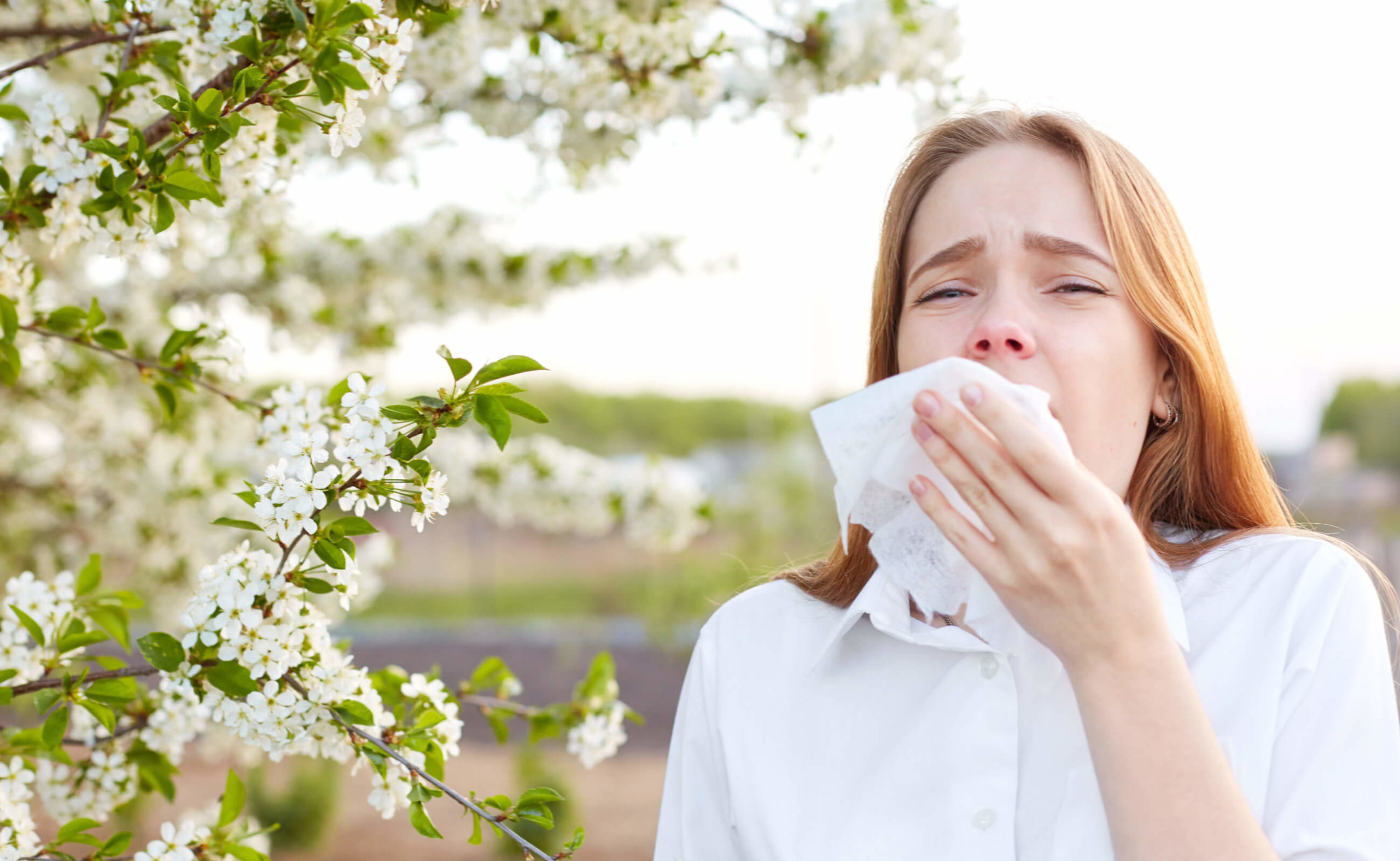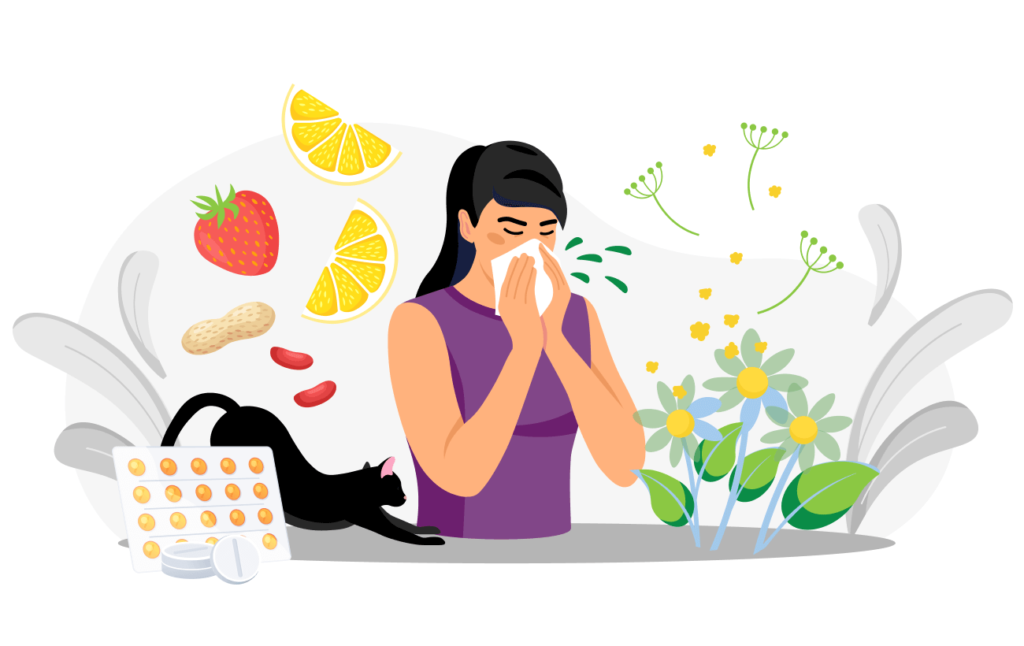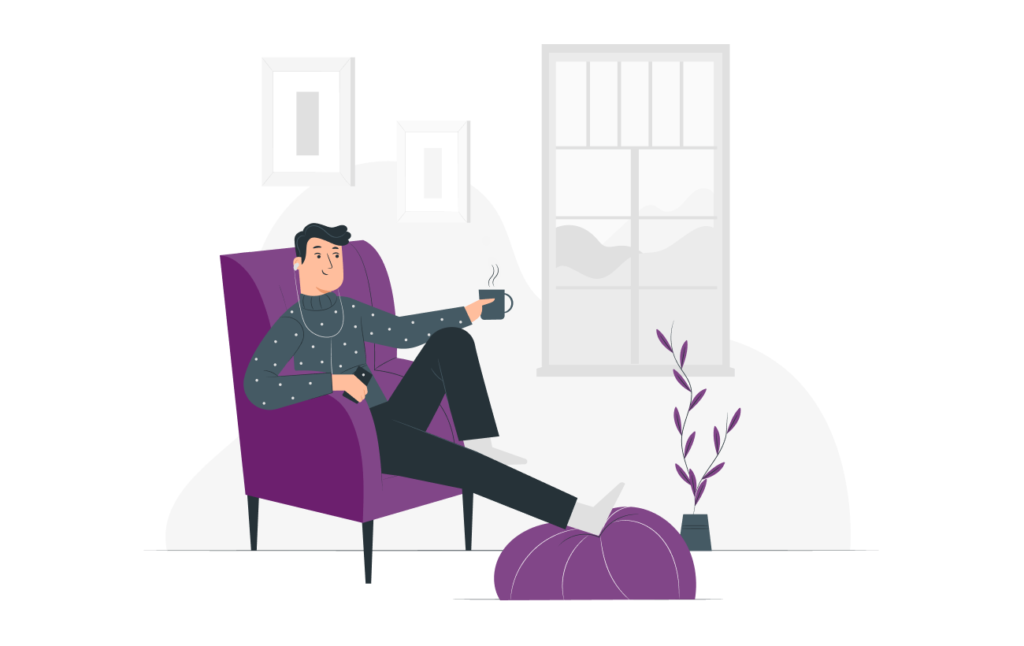Your survival guide for springtime allergies

Like clockwork, here in upstate New York, the robins have returned, along with milder temperatures and budding trees. These are welcomed signs of longer, warmer, sunnier days ahead!
But for many of my patients, it’s also the start of pollen allergies.
When warmer temperatures arrive, and people get outdoors they’re faced with the spring’s biggest allergen: tree pollen. Grass pollen follows later in spring into summer.
If you are one of the 50 million Americans dealing with allergies, you know all too well the most common symptoms include:
- Runny nose
- Sneezing
- Post-nasal drip
- Itchy nose, eyes, ears, and mouth
- Red and watery eyes
- Swelling around the eyes
While more severe reactions to pollen can cause:
- Coughing
- Wheezing
- Asthma attacks
No matter the severity of your symptoms, pollen allergies can put a damper on springtime fun.
In fact, the Asthma and Allergy Foundation of America’s 2022 Allergy Capitals™ report has listed Albany, NY in the top 10 most challenging places to live with seasonal allergies.
But there is good news! You can take relatively small actions to reduce your contact with pollen and make a big impact in alleviating your seasonal allergies. Read on to find out how.
Begin allergy medication early
Talk with your primary care provider or allergy specialist about allergy medication options, and when to start taking it. It’s ideal to begin before pollen counts are on the rise and your symptoms even occur. Your provider can work with you to find the right medication timeline for your specific allergies.
Fight inflammation with food

Believe it or not, certain foods can help alleviate allergic reactions. Try adding fruits rich in vitamin C, anti-inflammatory spices, as well as nuts and fish high in omega-3s to your diet. Look for recipes containing:
- Citrus fruits
- Ginger
- Local honey
- Salmon
- Tomatoes
- Turmeric
- Walnuts
Keep your windows closed
We all love to open our windows on a spring day. However, even a gentle breeze will carry pollen into your home. During peak pollen times, keep your windows closed.
Use a HEPA air filter
Using a high-quality HEPA air filter can reduce the number of allergens circulating through your home. HEPA air filters can also help with pet hair, dust, mold, and mildew inside your home that can also trigger allergies.
Leave your shoes at the door

Prevent pollen from getting tracked through your house by removing your shoes as soon as you get home. Wiping them off with a damp cloth can add an extra layer of precaution.
Wash your hair
When left uncovered, pollen will settle into your hair while you are outside. Try showering nightly, before you get into bed, to get rid of any pollen that may be clinging to your locks.
Wash your laundry
Launder your clothes regularly to remove pollen. Use hot, soapy water for your bedding, making sure to wash once a week. Dry your laundry in a dryer, or inside. Do not line dry your laundry outside.
Monitor pollen counts
Most weather apps will provide allergen counts, including dust, pollen, and mold. When the pollen count is high, try to avoid extended periods outside, particularly in the morning. When you must spend time outdoors, wear sunglasses to prevent pollen from getting into your eyes and a hat to keep it from getting into your hair.
Follow these tips to you to get back into the swing of spring activities!
 The Daily Dose
The Daily Dose
Comments are closed.